Chinese residents sleep less than 7 hours per night, according to the 2024 Chinese National Healthy Sleep White Paper, released on Saturday by the Chinese Sleep Research Society.
The report said that Chinese residents go to bed after 00:00 am on average, with an average sleep duration of 6.75 hours per night.
The report was based on a survey of over 10,000 people, including students, office workers and retired employees.
The report showed that 28 percent of respondents sleep less than 6 hours and 64 percent have poor sleep quality.
Most people have experienced sleep disturbances such as nocturnal awakenings, early awakenings, having trouble falling asleep and nocturnal urination, the report said.
The report also found that 59 percent of respondents suffer from insomnia while only 19 percent have no sleep disorders.
Only 29 percent of respondents go to bed before 23:00 pm while 47 percent go to bed after 00:00 am and 13 percent go to bed after 2:00 am. Among them, the post-00s generation has an average bedtime of 00:33 am while the pre-1970s has an average bedtime of 23:02 pm.
Pre- and post-1970s retired people often suffer from nocturnal awakening, early awakening and nocturnal urination while the post-00s and post-90s generations have trouble falling asleep.
In terms of university students, 56 percent use their smartphones for more than 8 hours every day. 51 percent go to bed after 00:00 am and 19 percent go to bed after 2:00 am.
The sleep duration of office workers on non-working days is 33 minutes longer than that of working days.
The report also showed a correlation between a person's lifestyle and the quality of their sleep.
People who exercise regularly (monthly exercise frequency ≥ 10 times) tend to go to bed and wake up early, with an average bedtime of 23:56 pm and wake-up time of 7:26 am. Compared with those with monthly exercise frequency ≤ 3 times, their sleep duration is nearly 14 minutes shorter.
In addition, the sleep duration of people who drink is 27 minutes shorter than that of non-drinkers. As the frequency of alcohol consumption increases, the sleep quality declines.


































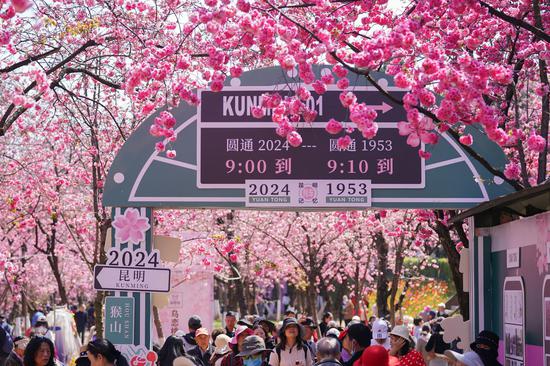
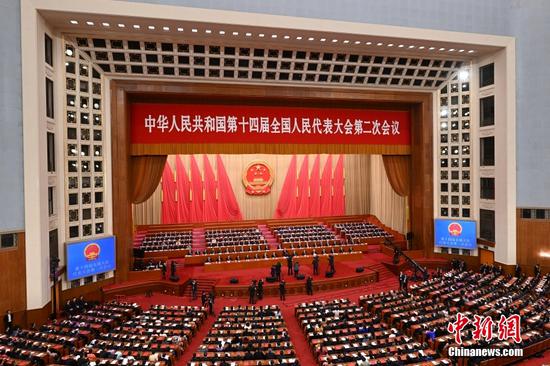
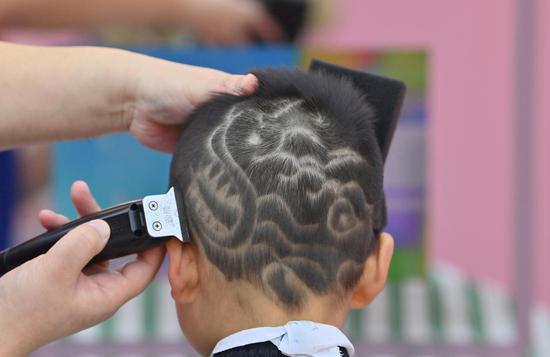


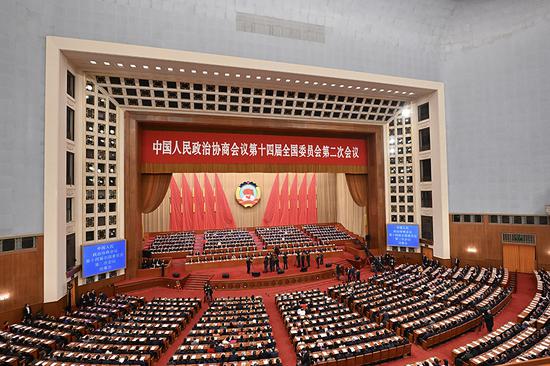
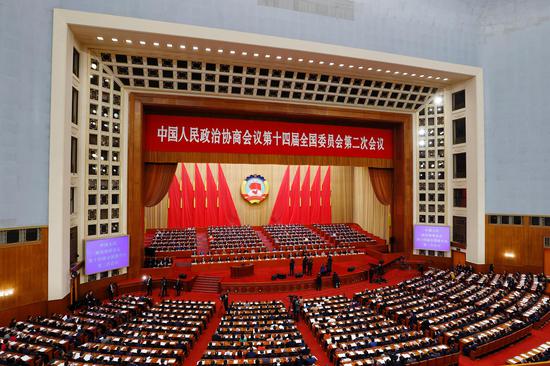

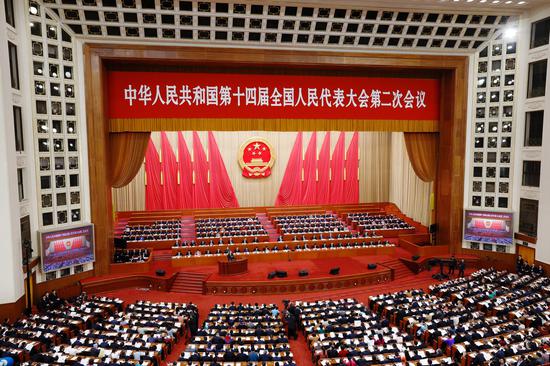







 京公网安备 11010202009201号
京公网安备 11010202009201号